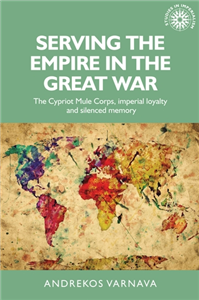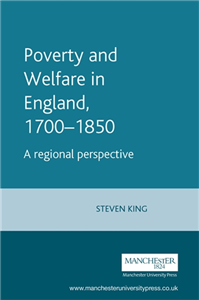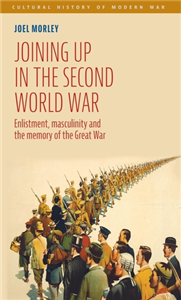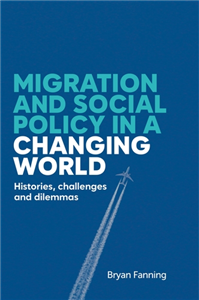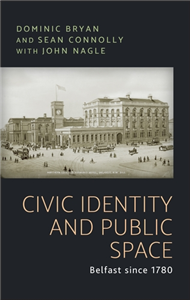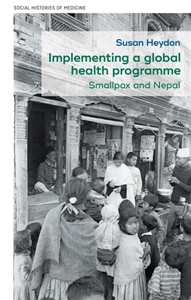MIS Publishing Co., Ltd.
MIS Publishing Co., Ltd. is one of the creators of best-selling educational books and materials in Thailand. Our mission is to create high-quality books at a reasonable price everyone can afford. . Our company produces high-quality content and hi-tech learning multimedia with care in every detail for people of all ages, especially young learners. We have a strong team of creative writers in different specific fields, and native speakers with perfect accents to ensure that all products will be pleased and accurate. . From small beginnings, MIS has been growing at a rapid pace. We never stop developing new products for all book lovers. We have sold book rights to many foreign publishing houses in Taiwan, Vietnam, Malaysia, Singapore, and still counting.
View Rights Portal











